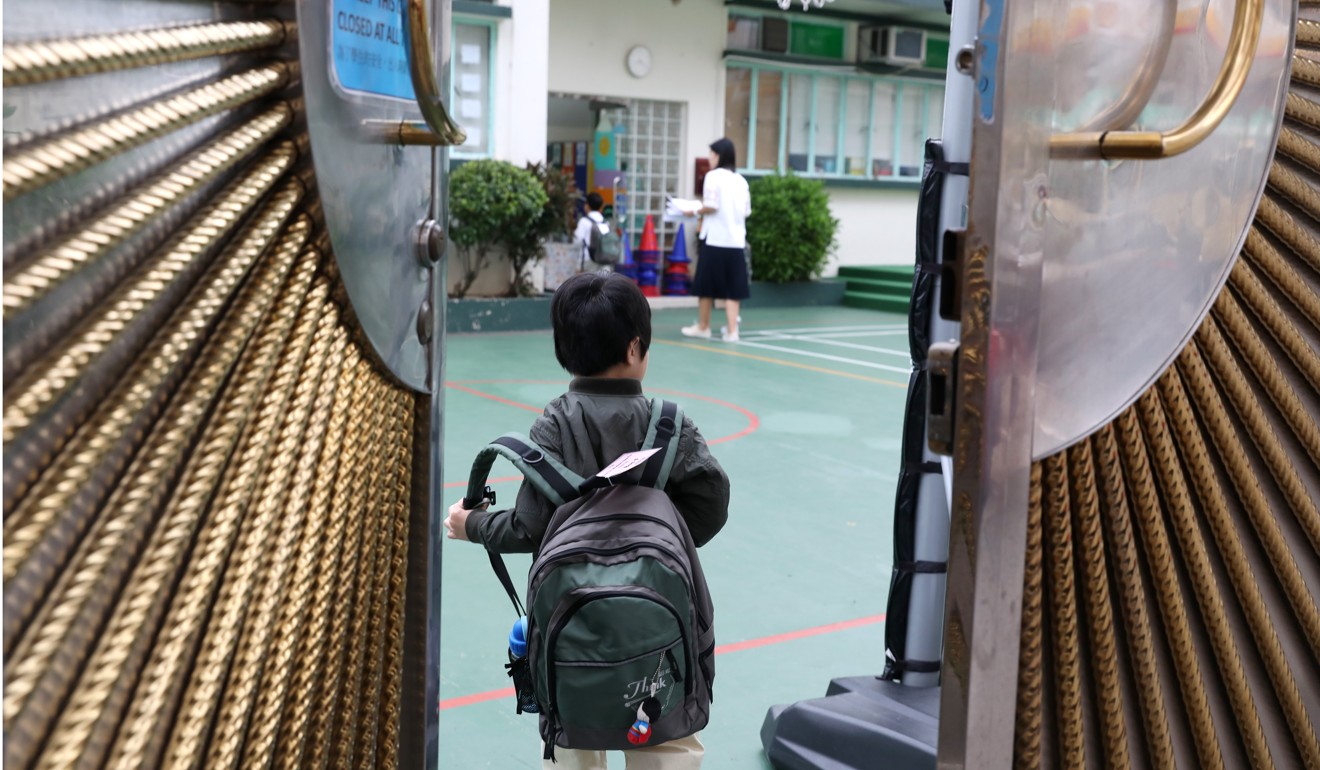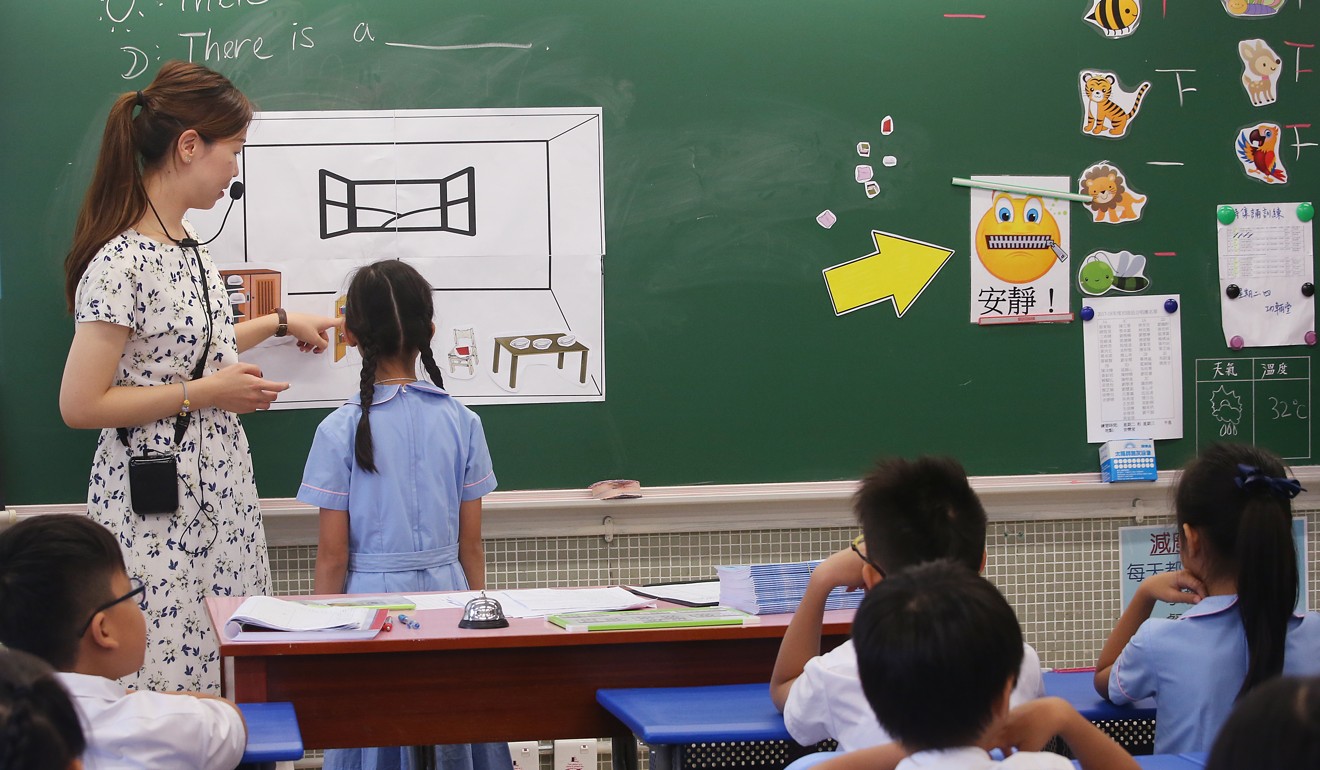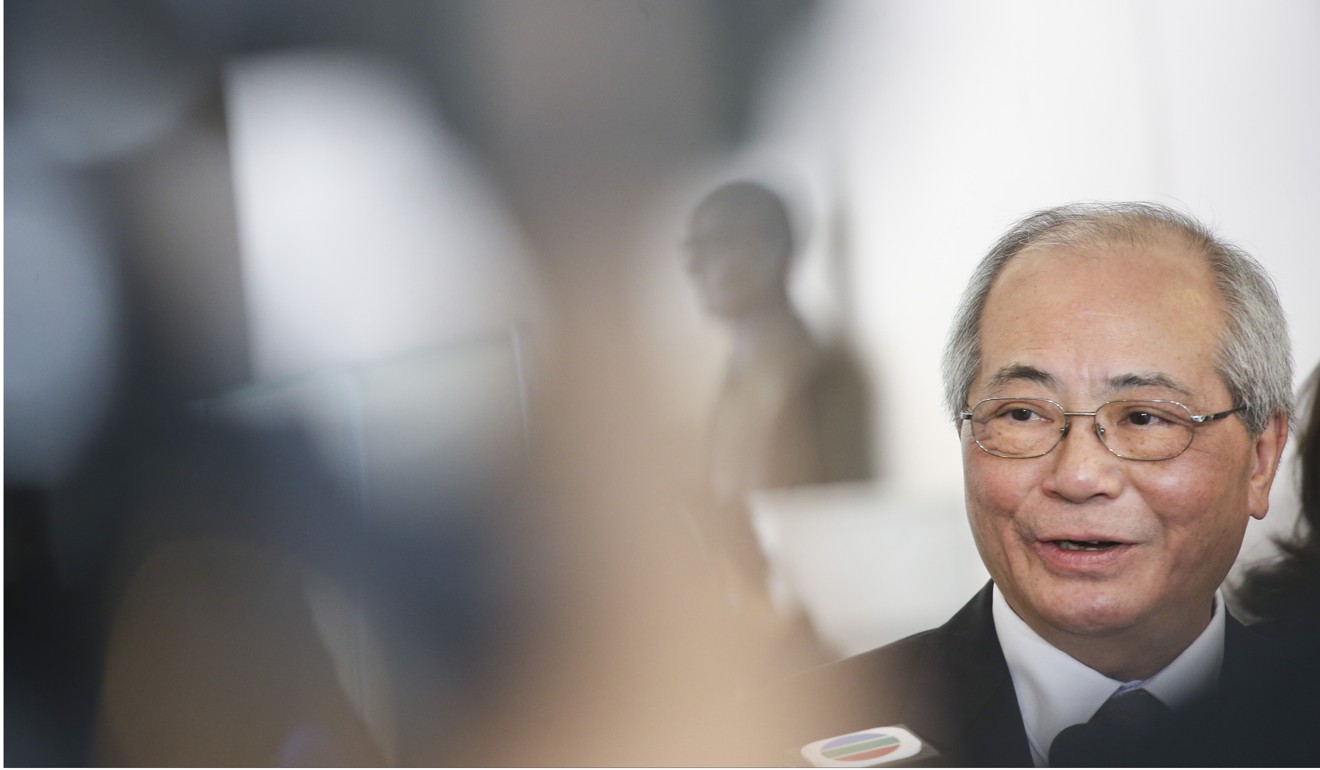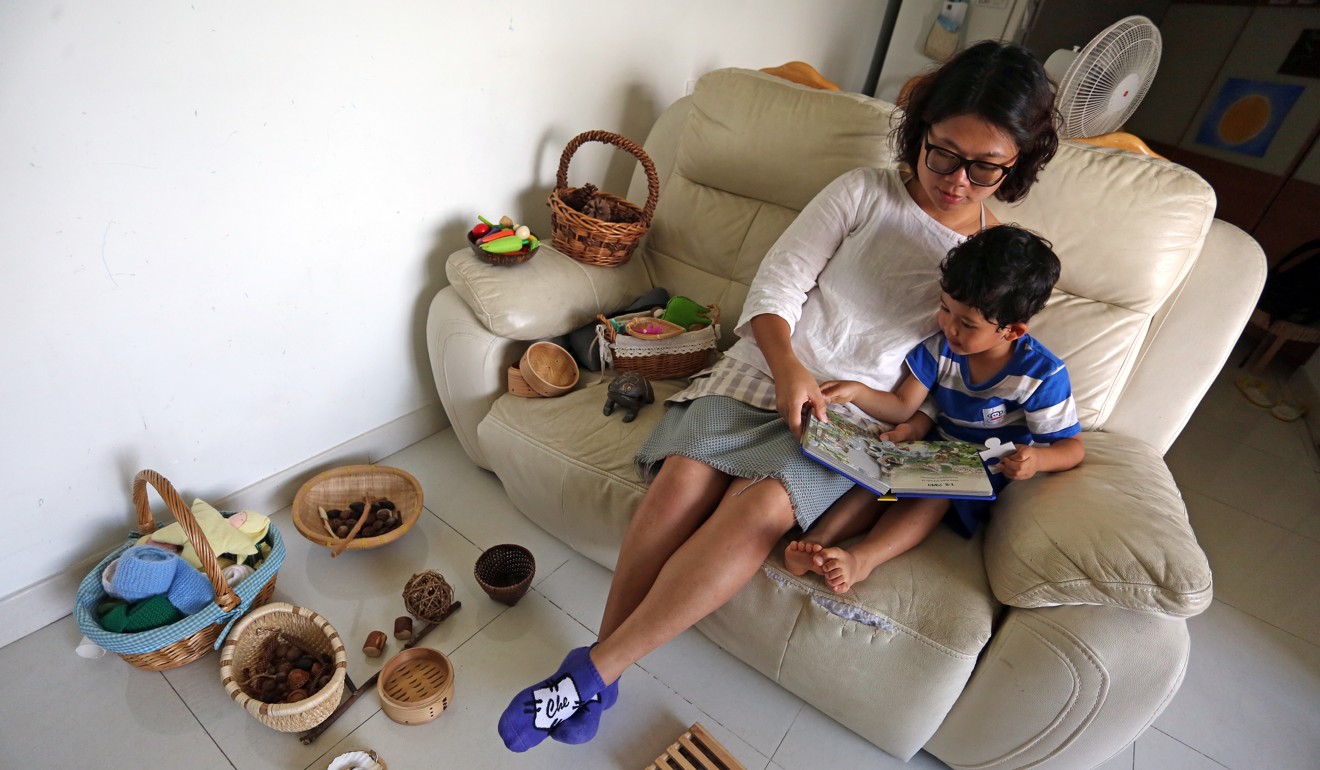
Home-schooling in Hong Kong: number of families opting out of system higher than thought, but do they risk running afoul of education authorities?
- Survey reveals number educating their children at home is six times the official record
- The law requires children to attend school but exemptions exist and most parents decide not to tell authorities

More than 60 Hong Kong children are being home-schooled, according to an unprecedented survey which found the number shunning the formal system was six times the government record.
The survey by the city’s home-schooling community, which was seen by the Post and sent to the Education Bureau, showed most parents did not tell the government of their decision to leave the system.
Barring a reasonable excuse, families are required by law to send their children aged between six and 15 to school, or face a fine of up to HK$10,000 (US$1,275) and three months’ imprisonment.
The bureau has recently hardened its tone on home-schooling. In a reply to the Post it said officials “would not approve” the practice. In 2014 the response was that the government “would not disallow” it.

The education authority said it was currently monitoring about 10 home-schooling cases, down from 25 in 2014. It has issued two attendance orders in the last five years to parents who failed to send their children to schools.
But the survey conducted this month showed there were at least 60 home-schooling families in the city with a total of 97 children, including 68 youngsters aged between six and 15.
Only 18 of those families had informed the bureau of their set-up. Another 11 said they felt no need to, while six were concerned about pressure or interference from authorities.
Of those who did report it, nine said they had wanted to obtain approval or seek clarification on whether the move was against the law.
Dissatisfaction with the mainstream education system was the prime reason parents chose to home-school. The system was stressful and lacked creativity, one parent wrote, while others wanted a more tailored experience to allow their children to learn at their own pace.

The bureau, however, said consent would not usually be given. “There is no application mechanism,” a spokesman said.
Should the government identify home-schooling families, they would be monitored on a “case-by-case” basis with a view to getting the children back to school as soon as possible, he added.
In 2014 then education minister Eddie Ng Hak-kim told lawmakers the bureau “would not as a rule disallow home schooling”, and a review would be conducted to determine whether these families were equipped to provide an all-round education.
Ng also said parents who wished to home-school could request academic assessments. The bureau spokesman did not clarify whether this still applied.
Some home-schoolers said they had little incentive to get in touch with the government.
An expat couple with teaching experience said they saw no reason to contact the bureau after recently deciding to home-school their sons beyond the age of six. The law did not prescribe how to proceed in their situation, they said.
Another home-schooler and social worker Tse Lai-man said she would continue to teach her son for as long as possible, or until he asked to be enrolled in school.

“If one day the government says all home-schooling families must send their children back to traditional schools … I’ll be fine with that, but we will lose the autonomy,” Tse said.
Her son currently spent more time on subjects and activities he was interested in, she added.
Home-schooling is regulated differently in various places. Singapore, which allows parents to apply for the practice, has an average of about 50 children being home-schooled each year.
In New York, regular reports on home-schooled children are required by authorities.
For Hong Kong, Dr Eva Lau Yi-hung, associate head of the Education University of Hong Kong’s department of early childhood education, said there should be a proper mechanism in place.
“The government has a responsibility to monitor this, as children are young and vulnerable,” Lau said. But she believed parents should be free to choose what education to provide their children.
The ideal mechanism would involve home visits and families submitting samples of teaching material so the bureau could keep track of the children’s developmental progress, she said.

Florrie Ng Fei-yin, associate professor of Chinese University’s department of educational psychology, agreed with the idea of a formal mechanism, saying the current ambiguity was stressful for home-schooling parents and children.
“It is as if they are doing something wrong,” Ng said. “The government should see how it can assist them.”
Cam Cheung Wai-nui, who published a book in 2012 about her experiences home-schooling her two daughters, said parents also needed to open their doors to authorities.
“The bureau will then know how to reach you and what you are doing,” Cheung said.
Families were rarely stopped from home-schooling after a visit from the bureau, she added.